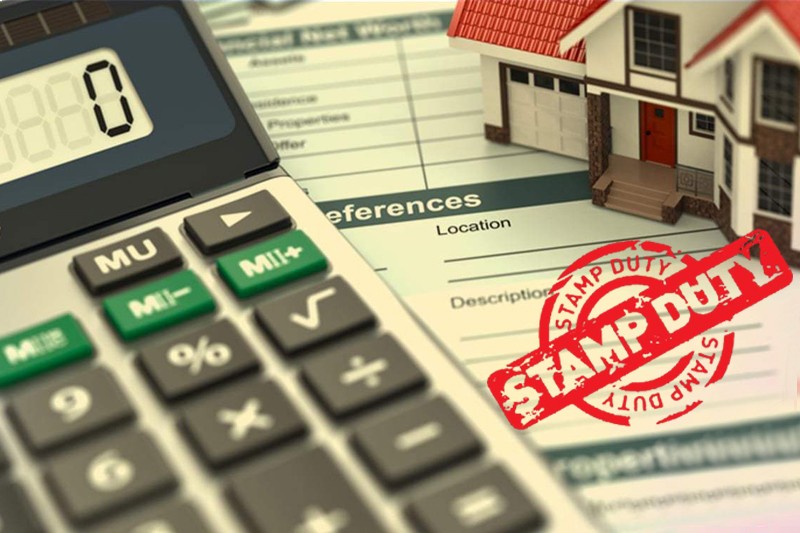Benefits of investing in real estate are many; it can be lucrative if done right. One of the reasons why investing in real estate has become so popular is because property value tends to appreciate over time. Factor in the passive rental income you could earn from just having the property in your name, and you can see why it has the allure that it does.
Here are some real estate investing tips you need to know before you take the leap into investing for the first time:
1. Location, Location, Location
There is a good reason why the location is central to any property investment decision. Firstly, you should always thoroughly research the area you might be buying property; get a feel of the neighbourhood.
You can do this by learning everything you can about the locale: from rental vacancy rates to population demographics and upcoming infrastructure projects in that area. The type of tenant you may be looking for will also determine where you should buy the property.
Young professionals with children would be looking for homes closer to schools and parks, while professional singles might prefer stylish apartments that are close to local transportation, cafes, and shopping districts.
Capital growth is a crucial factor in property valuation. Therefore, it pays off to look for areas that are primed for growth and expansion in terms of economic activity, local infrastructure, redevelopment efforts, or population growth for a long-term investment.
2. Only Work with Reputable
Builders
Although this should go without saying, you would be
surprised to know how many buyers purchase apartments and were promised that
they would be a certain way but were sorely disappointed with the final
outcome.
Even if you partner with the best real estate builders
in the market, doing your research on their previous projects and properties
that they have in their portfolio is integral to your investment decision. The
Real Estate (Regulation and Development) Act website can help by giving you the
pertinent details of each developer and their upcoming projects in the region
you are looking to invest in. Going to visit their previous projects in person
will help you get a sense of the quality of construction and aesthetics they
are known for.
An experienced and reputable builder will
deliver what they have promised, without taking shortcuts or trying to reduce
costs by sacrificing quality, because their entire brand's reputation is at
stake if they fail to.
3. Negotiate
Negotiations occur in all areas of life on a daily basis whether you are aware of them or not. You should always look for an opportunity to negotiate with the property developer or salesperson you are dealing with, especially if it's a pre-sale investment.
Prices, in general, are usually inflated to meet a higher profit margin on the seller's part. So, there is usually room to negotiate a sweeter deal if you can show how it benefits both parties. A good rule of thumb is to ask for a 5% to 10% discount on the price by stating what other developers in that market are asking for.
To keep your interest and business, they may be moved to negotiate a little bit, which is always better than paying exactly what you were told to.According to Wayne Gretzky, a former ice hockey player, "You miss 100% of the shots you don't take."
Although getting into a heated argument over the price of a property might be a little too much to handle for some, the way in which you state your position will ultimately decide how it all plays out.
4. Get your Hands on All Project
Approvals
It is easy to purchase a property blindly without having to think much or even consider any legal implications, but it is ill-advised. To ensure everything that was promised to you will be delivered within the time frame agreed upon, you need to insist that you get copies of all the necessary project approvals involved. These documents will also be asked of you when applying for your home loan, so it is vital that you get them early on in the process. Again, the RERA website and all the information it contains on each project can help with this.
5.
Sometimes, Having a Co-Owner Pays Off
Several states in India offer discounts and other benefits that you can enjoy if you choose to invest in the property with your wife signed on as a co-owner or as a co-applicant on your home loan. One example of this is that you can get a tax deduction of up to Rs. 1.5 lakh in interest on your home loan if the property is in her name as well, provided the home is self-occupied. You can also save up to 2% in stamp duty charges this way.
Women can also benefit from lower interest rates than men on home loans if the property is registered in her name. This is all in efforts to promote gender equality and help with women empowerment across the nation.
Lack of knowledge in real estate investing makes it daunting for beginners. From picking the location of the property investment intelligently to negotiating with builders and signing on co-owners of the right kind, many pitfalls may come with investing in a property especially as a beginner. They stand to lose a great deal if they do not know how to get started with it. Hopefully, these real estate investing tips for beginners will help avoid some costly mistakes in that department and pave way for future success.

















